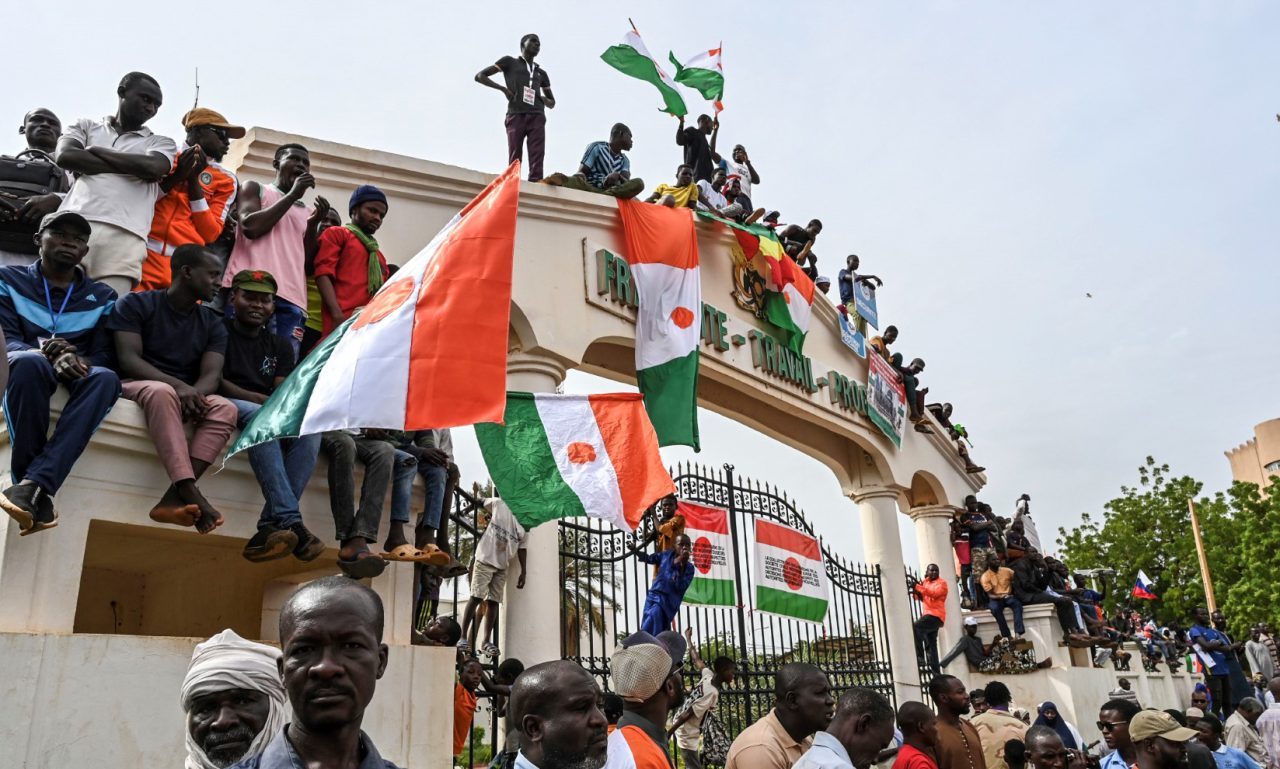

Civil Society Organisations (CSOs) in West Africa have called on the Economic Community of West African States (ECOWAS) to seek alternatives to military action in Niger republic.
In response to the putsch in the country, ECOWAS, led by President Bola Tinubu, had threatened to deploy force, besides economic and financial sanctions, to reinstate the ousted leader, Mohamed Bazoum.
Executive Director of Spaces for Change (S4C), Victoria Ibezim-Ohaeri, told The Guardian that the 15 CSOs were disturbed by the unconstitutional change of governments in West Africa and the planned deployment of force to sanitise the system.
“These concerted plans to deploy maximum force and sanctions against Niger have persisted despite the outright rejection of military operations by the parliaments in West African countries and the warnings by rights groups about the looming humanitarian crisis,” the group stated.
Between August 2020 and July 2023, the sub-region witnessed a string of military take-overs in Mali (August 2020 and May 2021); Chad (April 2021); Guinea (September 2021); Burkina Faso (January 2022) and Niger (July 2023).
Other African countries such as Guinea-Bissau (January 2022) and Gabon (August 2023) have also witnessed successful and unsuccessful coups in recent times, indicating the growing popularity of military overthrows, mostly after flawed elections that produced outcomes that are inconsistent with the wishes of the electorate.
The CSOs condemned the unconstitutional changes of political power, as well as extremely defective electoral processes, worsening insecurity and pervasive governance challenges triggering them.
Although Tinubu heads the ECOWAS Standby Force, the Nigerian Senate has rejected the military option as a political solution. The organisations stated: “The use of force has never been a helpful strategy for addressing any form of conflict. Forty-two per cent of Niger’s children are out of school due to the festering violence and protracted conflicts in the Sahel. Additional military action in the country will trigger new source of conflict and cause sporadic increase in the proliferation of weapons and armed fighters in the Sahel, exacerbating the mass displacement of citizens and disruptions to children’s education.
“We urge ECOWAS to shelve its planned military intervention in Niger and seek alternatives to war. Alternatives include considering a comprehensive approach that encompasses political, security and diplomatic dimensions or allowing for a systematic transition to democratic rule in Niger. West African leaders can significantly reduce the occurrence of unconstitutional change of power by creating an enabling environment for the conduct of free and fair elections across the sub-region.”
The rest groups are: Accountability Lab; GPPAC West Africa Network; Centre for Community Empowerment in Conflict and Peacebuilding (CCECP); Building Blocks for Peace Foundation; Rule of Law and Accountability Centre (RULAAC) and Centre for Community Empowerment in Conflict and Peacebuilding (Nigeria).
Others include Community Coalition for Peace and the Promotion of Living Together (COPAVE); Réseau Nigérien Anti-Corruption; ONG ICON–Niger Stop Corruption; ADDENA (Niger); Global Participe (Republique du Congo); Organisation de la Jeunesse Féminine (OJF), BEOG NEERE (Burkina Faso) and Association de Bienfaisance pour le Développement Économique et Local en Afrique (Togo).
W’African CSOs seek peaceful resolution to Niger crisis

Supporters of Niger's National Concil of Sefeguard of the Homeland (CNSP) hold Niger national flags during as they gather at Place de la Concertation in Niamey on August 20, 2023. (Photo by - / AFP)
Supporters of Niger's National Concil of Sefeguard of the Homeland (CNSP) hold Niger national flags during as they gather at Place de la Concertation in Niamey on August 20, 2023. (Photo by - / AFP)





